Keywords: Catholic Health Care
There are more than 200 results, only the first 200 are displayed here.
-
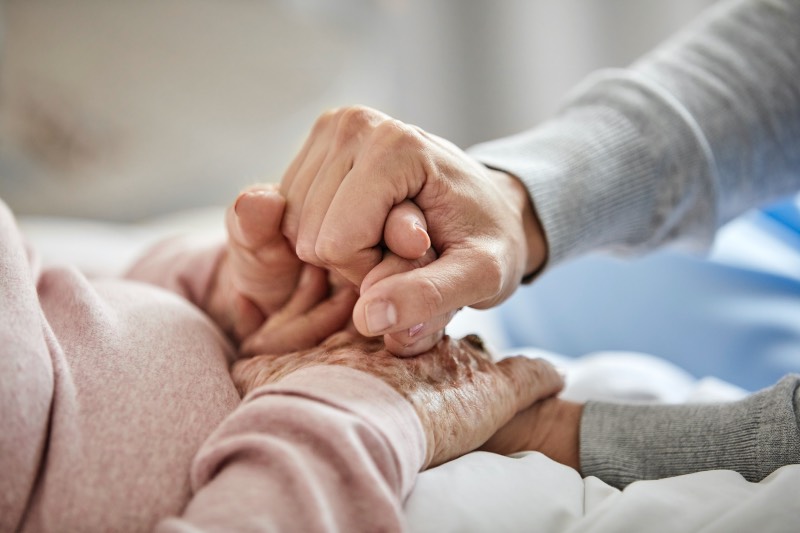
AUSTRALIA
In legislatures around Australia at present euthanasia is a staple item. It is vital that euthanasia legislation ought to balance the liberty of the invulnerable against the safeguarding of the vulnerable, especially the elderly and people with disabilities.
READ MORE 
-
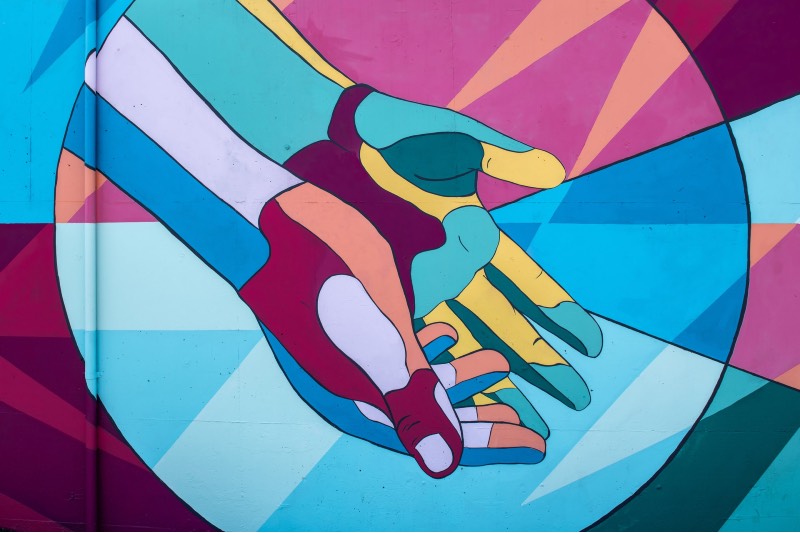
RELIGION
- Andrew Hamilton
- 06 May 2021
17 Comments
The laying on of hands has been associated with controverted change in Western religious societies. Central in religious societies, it became neuralgic in cultures seeking to mark out clear boundaries between religion and such domains as politics, science and medicine and demography. To appreciate the significance of the action, it is worth reflecting on its history.
READ MORE 
-

INTERNATIONAL
- John Watkins
- 20 April 2021
6 Comments
The stark differences between Australia and Papua New Guinea during this crisis are a reminder of how far we still have to go to make sure that all humans, no matter where they’re born, have access to decent healthcare.
READ MORE 
-
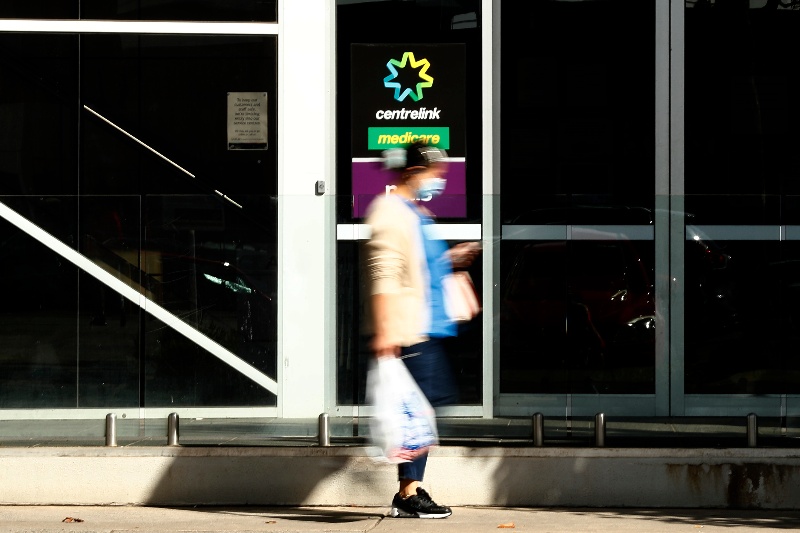
AUSTRALIA
- Ursula Stephens
- 01 April 2021
1 Comment
At the beginning of the Covid-19 pandemic, the government reassured Australia ‘We’re all in this together’ but the truth is that the end of JobKeeper and the Coronavirus supplement payments will leave more than 2.6 million people in poverty.
READ MORE 
-

AUSTRALIA
After two years of often harrowing evidence from 450 witnesses and 10,000 submissions, the Royal Commission’s multi-page report has fallen short on a clear path to lasting and meaningful reform.
READ MORE 
-
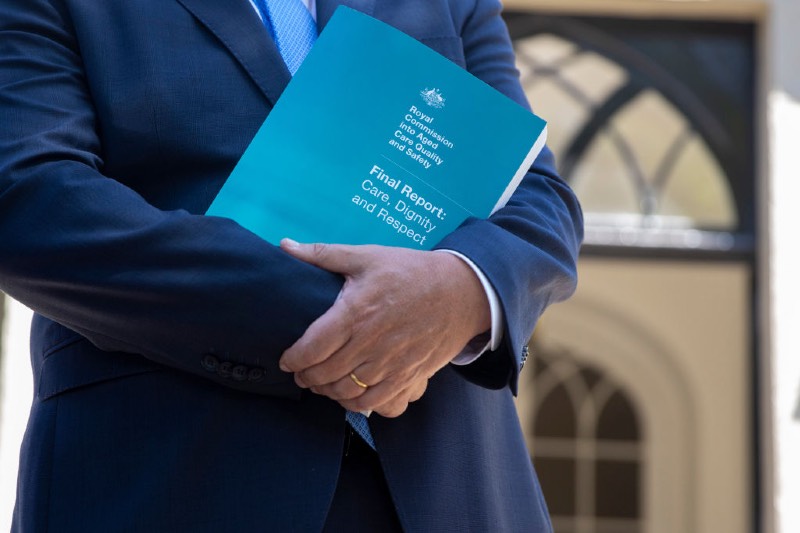
AUSTRALIA
- Jenneke Foottit and Sue Gledhill
- 11 March 2021
2 Comments
The recently released report of the Royal Commission into Aged Care does not hold back in describing a situation that should be abhorrent to us all. As the report notes, ‘substandard care and abuse pervades the Australian aged care system’.
READ MORE 
-
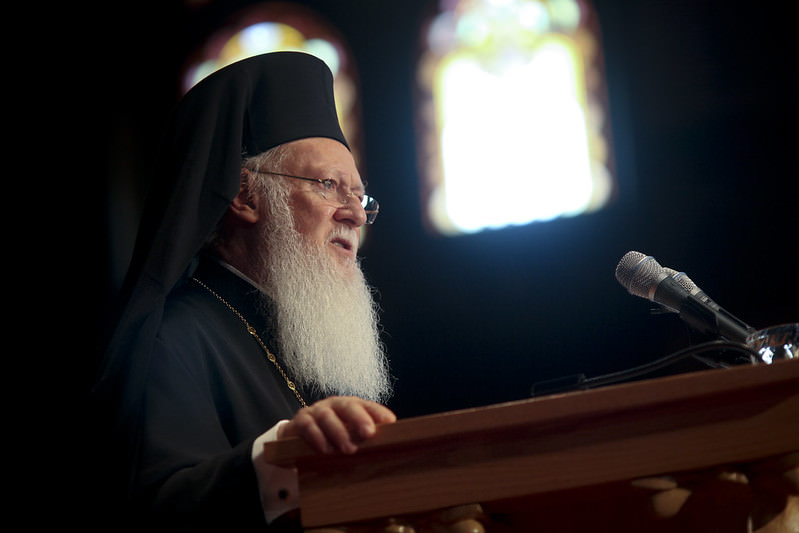
ENVIRONMENT
- Stephen Minas
- 18 February 2021
2 Comments
The COVID-19 pandemic has provoked difficult questions about the links between the simultaneous health and ecological crises. These questions were examined in late January at the virtual Halki Summit, the latest in a long series of environment-focused events convened by the Istanbul-based Ecumenical Patriarchate.
READ MORE 
-
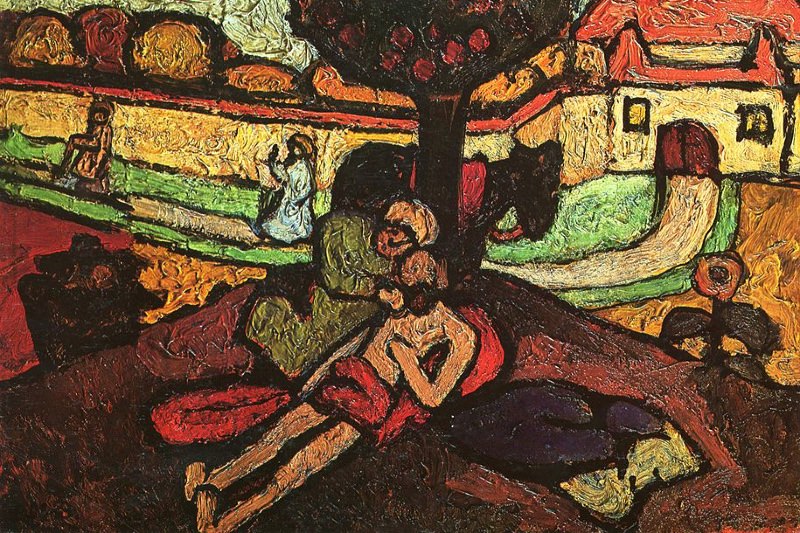
FAITH DOING JUSTICE
- Julian Butler
- 11 February 2021
4 Comments
The size and spread of government payments in past 12 months has held steady, and to some extent, improved the circumstances of many on low incomes or government support. The withdrawal of that support risks returning many to payments that do not provide for basic human needs.
READ MORE 
-
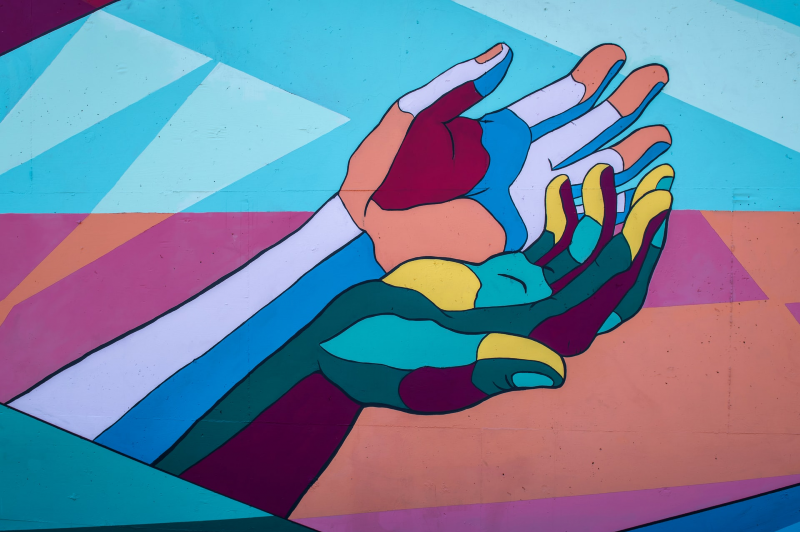
FAITH DOING JUSTICE
- John Warhurst
- 15 December 2020
6 Comments
The work of Catholic social service agencies should be celebrated within the church. Its peak body, Catholic Social Services Australia (CSSA), which has been savagely cut recently, has successfully matched wits with governments for over sixty years and its member agencies continue to serve the community selflessly.
READ MORE 
-
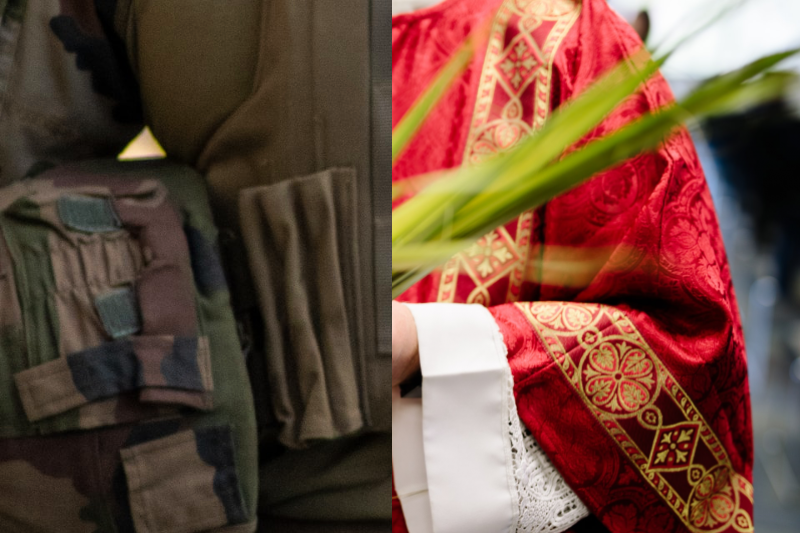
AUSTRALIA
- John Warhurst
- 01 December 2020
31 Comments
The Australian community and its government are struggling to come to terms with the extremely serious allegations against members of the SAS for their alleged criminal misconduct during the war in Afghanistan. At the same time, we Catholics are experiencing a bad case of déjà as there are many echoes of how we felt when the Royal Commission into Institutional Responses to Child Sexual Abuse (RC) began in 2013.
READ MORE 
-
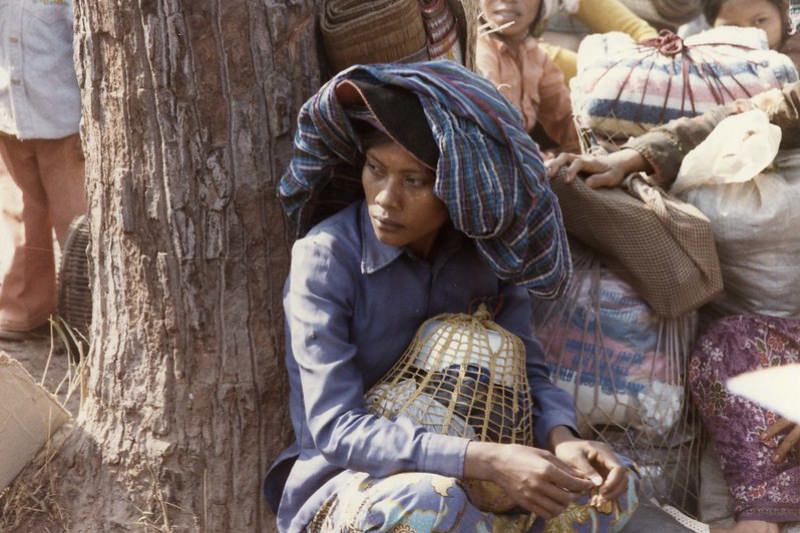
INTERNATIONAL
- Andrew Hamilton
- 26 November 2020
7 Comments
Stories of volunteers who went to help in foreign crises used to focus on the impact on the people helped. Today they explore how both parties are changed through the experience. That was also true in Jesuit Refugee Service (JRS) whose 40th anniversary occurred last week.
READ MORE 
-
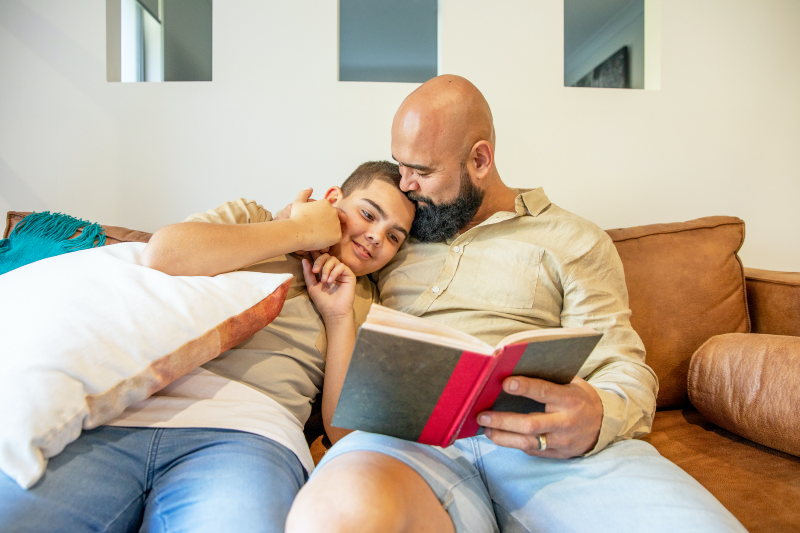
RELIGION
- Andrew Hamilton
- 03 September 2020
10 Comments
The Catholic Social Justice Statement embodies this generous vision. Its title emphasises the gift that each human being is, and the blessing that is mental health. Health is not to be taken for granted as an entitlement but accepted and nurtured as a gift.
READ MORE 